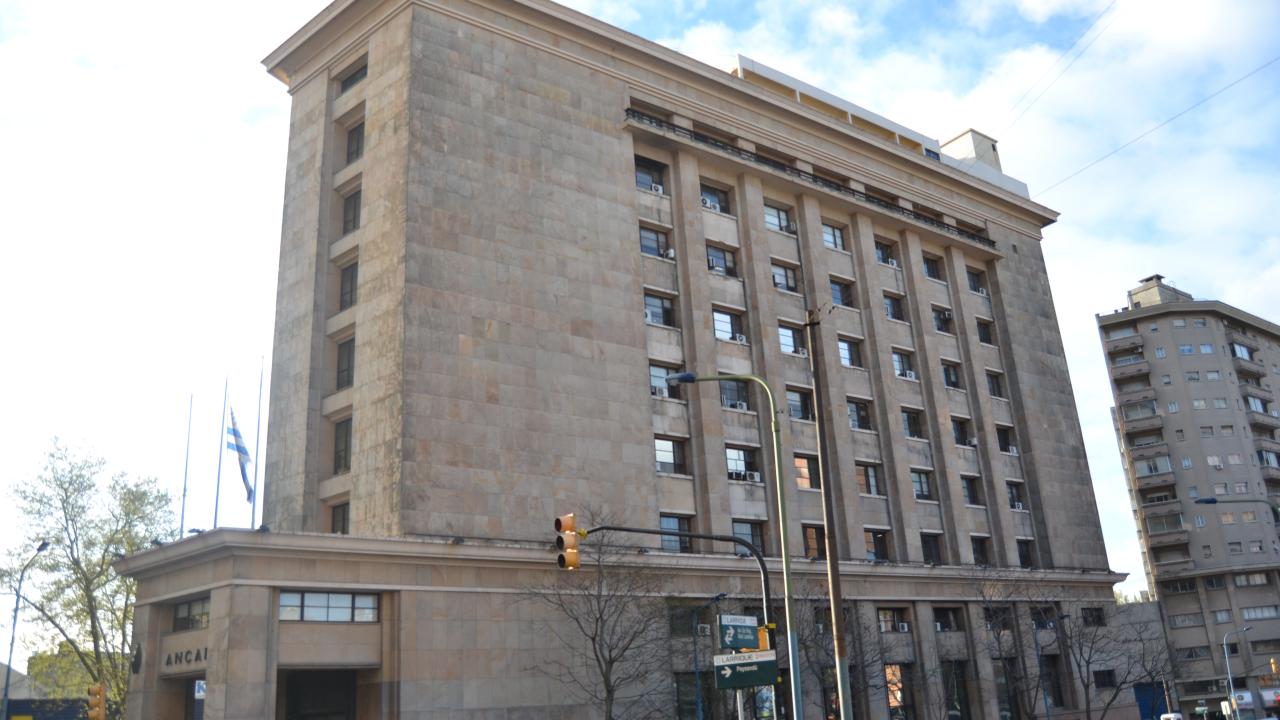
The implementation agreement is one of the key steps for HIF Global to move forward in seeking financing for the project.
Almost a year after the signing of the memorandum of understanding and after nine months of negotiations, on the evening of Monday, December 23, the Uruguayan state-owned company Ancap finalized the implementation agreement with the Chilean company, HIF Global, for the installation of a green hydrogen and synthetic fuels production plant in the department of Paysandú.
The initiative will require an investment of approximately US$ 6 billion and, if implemented, will be the largest private project in the history of the Uruguayan country.
The implementation agreement regulates the relationship between ALUR and HIF, establishes how the future contract will be for the supply of biogenic CO2 (generated by the production of ethanol in Paysandú) and what the Ancap subsidiary will sell to the Chilean company and defines the sale price of the CO2.
In addition, the agreement also regulated in detail how Ancap's right to participate in the project would be executed, a possibility that the state company had and which it could make use of later when other aspects of the initiative were finalized, or it could also withdraw from that option without consequences, according to the legal studies to which El Observador had access.
However, following the refusal of the Executive Branch and mandated by the board of directors of Ancap, ALUR eliminated that possibility from the contract.
The signing of this implementation agreement is one of the key steps for HIF Global to move forward with the initiative.
If the company did not have confirmation that it could build a CO2 capture plant at ALUR's facilities, it could not move forward with seeking financing for the project.
HIF authorities granted several extensions to Ancap but gave an ultimatum that the agreement had to be signed no later than today, December 27.
The agreement will be announced at a press conference this morning, attended by authorities from the Ministry of Industry, Energy and Mining (MIEM), Ancap and ALUR.
BACKGROUND AND CONFLICT BETWEEN AUTHORITIES
The agreement was scheduled to take place between May and June of this year, but various obstacles caused it to be delayed.
Since September, the main obstacle has been the lack of agreement among the members of the Ancap board of directors regarding the role that the state-owned company should have in the project.
While the now ex-president of Ancap, Alejandro Stipanicic, defended the possibility of the state-owned company participating as a partner in the project, if it was eventually considered convenient, the vice-president of the state-owned company, Diego Durand, and the Minister of Industry, Energy and Mining, Elisa Facio, opposed this idea, believing that the entity should not assume economic risks.
Amid deep tensions over this discrepancy, on December 12 the Executive Branch urged Ancap to give up its right to participate in the project, Búsqueda reported at the time.
In an extraordinary session that was marked by a heated discussion between Durand and Stipanicic, the board finally decided to comply with the Executive's request and mandate the ALUR authorities to eliminate the clause that regulated how Ancap's right to participate was to be executed.
The decision of the board was supported by the vote of Durand; the director representing Cabildo Abierto, Daniel Lamela; and the director representing the National Party, Leandro Claramunt. Meanwhile, the director representing the Frente Amplio, Vicente Iglesias, did not vote due to being on medical leave.
The decision of the board led to the resignation of Stipanicic, who left written evidence in the minutes that, in his opinion, the Executive Branch "comes into a serious conceptual error" by assuming that the agreement to be signed with HIF" implies, "in the present, the assumption of economic risk, or of any other type, related to the project."
This decision was also rejected by the authorities of the elected government, who demanded an explanation from the current Executive Branch regarding the reasons that led to the withdrawal of the option of participation.
"What is being discussed is not whether the State has to make multi-million dollar investments or not. What is being discussed now is the right to participate, eventually, in the future project. We have time to analyze that decision, why do we have to get ahead of ourselves? To be saying no, to amputate that possibility of participating, seems serious and worrying to me. It is terrible," the future Minister of Industry, Fernanda Cardona, had stated to El Observador .
Likewise, Jorge Díaz, the deputy secretary of the Presidency appointed by the president-elect Yamandú Orsi, said that this is one of the fundamental issues that are part of the government transition.
For this reason, he raised the possibility that the Frente Amplio could summon the Minister of Industry, Elisa Facio, to the Uruguayan Parliament so that the leader can explain why this right was waived.
Díaz, Cardona and the future Secretary of the Presidency, Alejandro Sánchez, all emphasized the importance of maintaining the possibility of participation and analyzing it at the appropriate time.
The possibility of participating as a partner in up to 30% of the project was a right held by Ancap, which eventually had an economic value and which it could decide to use when the company presented the final investment decision (FID), something that is expected to occur in the second half of 2025.









